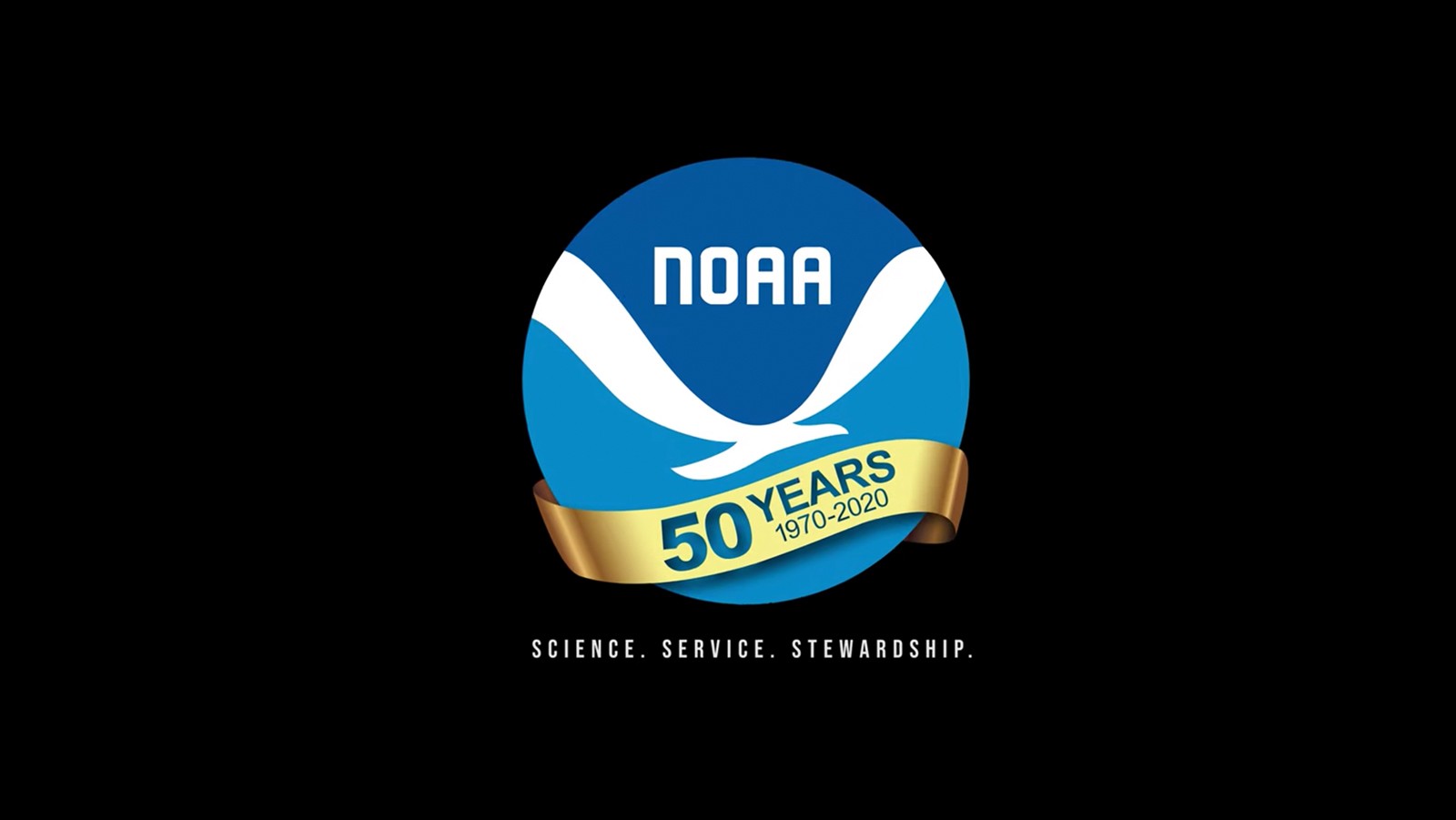On July 9, 1970, President Richard Nixon addressed Congress regarding efforts to establish the National Oceanic and Atmospheric Administration. Three months later, NOAA was officially founded on October 3, 1970, from an assortment of departments and agencies throughout the federal government, including the U.S. Coast and Geodetic Survey, Weather Bureau, and Bureau of Commercial Fisheries. In 1973, NOAA’s Atlantic Oceanographic and Meteorological Laboratory (AOML) moved into a new facility in Miami, Florida. AOML has since dedicated its resources at the Virginia Key facility to building a prolific research profile on hurricanes, and coastal and ocean science. To learn more, visit Our History. Since then, NOAA has emerged as a world-class forecasting and resource management agency with a reach that extends from the surface of the sun to the depths of the ocean floor.
NOAA’s unique science mission benefits every American life every day in positive ways, including keeping Americans safer and contributing to greater US economic growth than ever before. In the next 50 years, NOAA will advance innovative research and technology, answer tough scientific questions, explore the unexplored, inspire new approaches to conservation, and continue its proud legacy of science, service, and stewardship.
Here are some of the ways NOAA serves the nation today:
NOAA is a global leader in environmental science and technology, helping the world adapt to our changing planet: NOAA uses cutting-edge research and technologies to help better understand planet Earth.
NOAA is building a Weather-Ready Nation: NOAA remains at the forefront of weather science, making earlier and more accurate forecasts that save lives, protect property, boost the US economy, and strengthen national security.
NOAA is a leading steward of a cleaner, healthier, more sustainable ocean: NOAA helps ensure the long-term sustainability of the nation’s fisheries, protecting vulnerable marine species and their habitat and supporting aquaculture.
NOAA powers the blue economy: NOAA explores, maps, and observes the nation’s waters, preserving underwater parks and coastal reserves and supporting resilient coasts, working waterfronts, marine commerce, and sustainable seafood for a thriving economy.
NOAA harnesses big data: NOAA collects data from satellites, ships, aircraft, and a vast network of environmental monitoring systems, keeping the public safe, promoting the nation’s economic security, protecting and managing resources, and enhancing our understanding of planet Earth.
Join NOAA in celebrating its 50th anniversary by visiting www.noaa.gov/50-years to find features, multimedia, milestones, and events.
